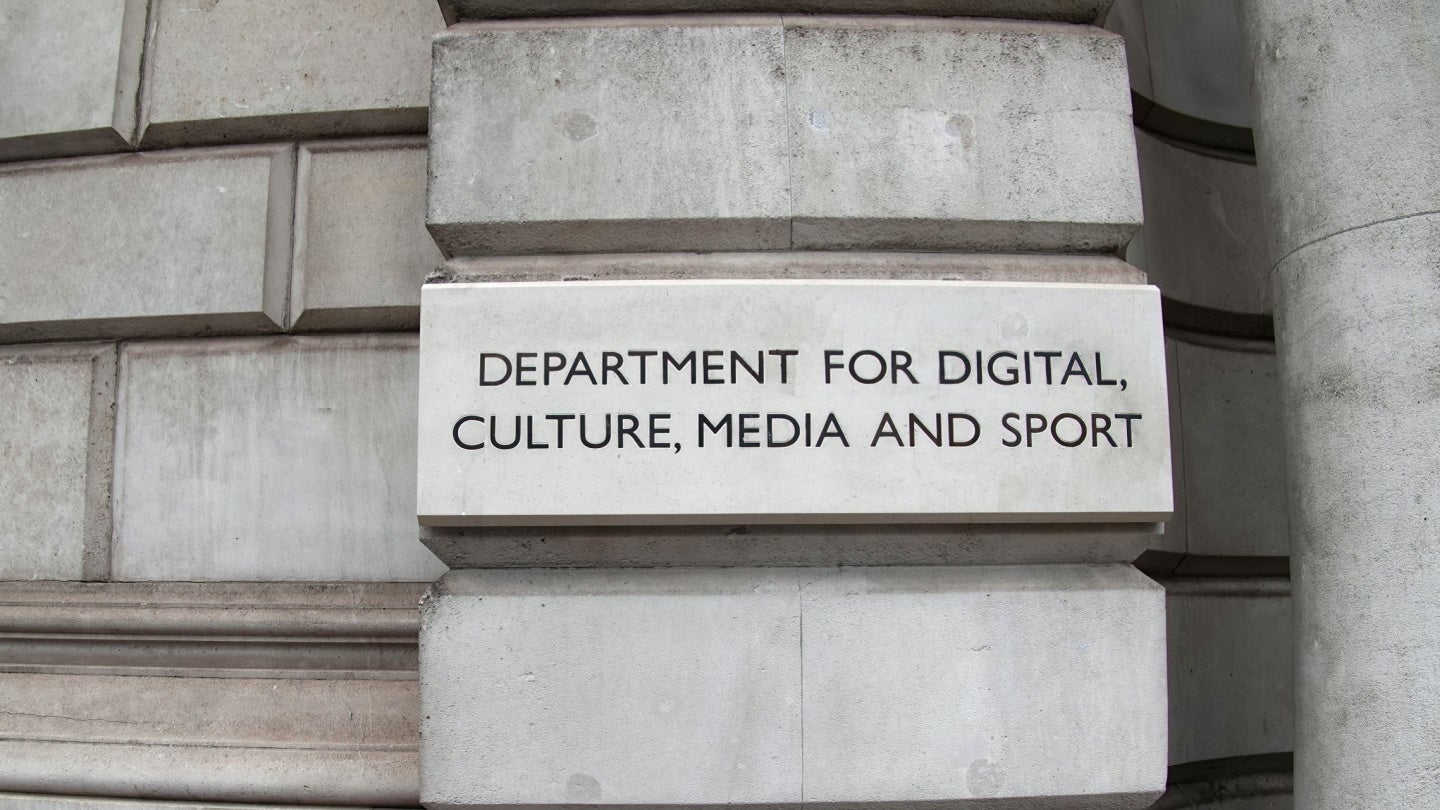
The UK government announced yesterday (July 25) a raft of new online advertising laws targeting fake celebrity endorsements as well as age-inappropriate advertising towards children.
The Online Advertising Programme will tackle illegal online advertisements as well as mitigating the risk of age-inappropriate advertising being shown to internet users under the age of 18.

Access deeper industry intelligence
Experience unmatched clarity with a single platform that combines unique data, AI, and human expertise.
To achieve this, the UK government plans to lead a taskforce this summer that will develop legislature in collaboration with tech companies to ensure it is effective and viably designed.
Online advertising has already been under harsher scrutiny, especially towards the gambling industry amidst a British cost-of-living crisis. In fact, three quarters of respondents to a YouGov survey responded that they agreed with The Guardian’s decision to remove gambling adverts.
But principal analyst at GlobalData, Laura Petrone, warns of the potential repercussions Big Tech may start to face adhering to tighter advertising rules.
Banning or restricting certain advertisers will be costly, with Google recording advertising revenue of $58bn just this last financial quarter.

US Tariffs are shifting - will you react or anticipate?
Don’t let policy changes catch you off guard. Stay proactive with real-time data and expert analysis.
By GlobalDataBut beyond the financial implications of restricting advertisers, Petrone states the Online Advertising Programme “complements” the upcoming Online Safety Bill in “placing more responsibility on adtech platforms in policing” the potential content that children see.
These new laws will make Big Tech companies, social media sites and websites “accountable for ads they place for specific products and services, such as alcohol and gambling.”
As the regulation rolls out, Petrone predicts that much of the future “controversy” may be caused by the proposed “liability regime.”
Under this, companies are strictly liable to police the content on their platforms and could face fines or imprisonment if they fail to take proper action.
Whilst Petrone acknowledged that many companies, like Google, already have measures in place to prevent children from seeing adverts for gambling or alcohol, she affirms that these features “are imperfect and errors do occur.”
The issue posed by deepfakes
The legislation also aspires to tackle fake celebrity or influencer scams, and Petrone voices a concern that AI could increasingly be used to “deepfake adverts” that could replicate a celebrity’s face or voice to make it appear as though they are promoting a product.
What may appear like science fiction is progressively becoming more realistic, as Volkswagen recently used deep fake technology to feature the deceased Elis Regina Carvalho Costa in its advert.
Whilst this was with the permission of Costa’s family, other deepfake scams are appearing online.
The phenomenon of ‘vishing’ has already been attributed to recent MOVEit hacks.
Whilst Petrone already highlights the potential errors that occur in measures to stop gambling and other age-inappropriate advertising reaching children, deepfakes also come with the difficulty of spotting if they are generated.
A recent study of deepfake detecting technology by the BBC showed that although the software was mostly accurate when shown both generated and real videos, the software still made mistakes when determining if footage was real or not.
With the threat of fines and imprisonment looming over companies that fail to take significant action against age-inappropriate and AI generated fraudulent advertising, more emphasis will be placed on the development of accurate AI detecting software.







